SPIRIT WEEK was a success! Check out our fun below! Be sure to click on the right side of the photos to scroll through the gallery.

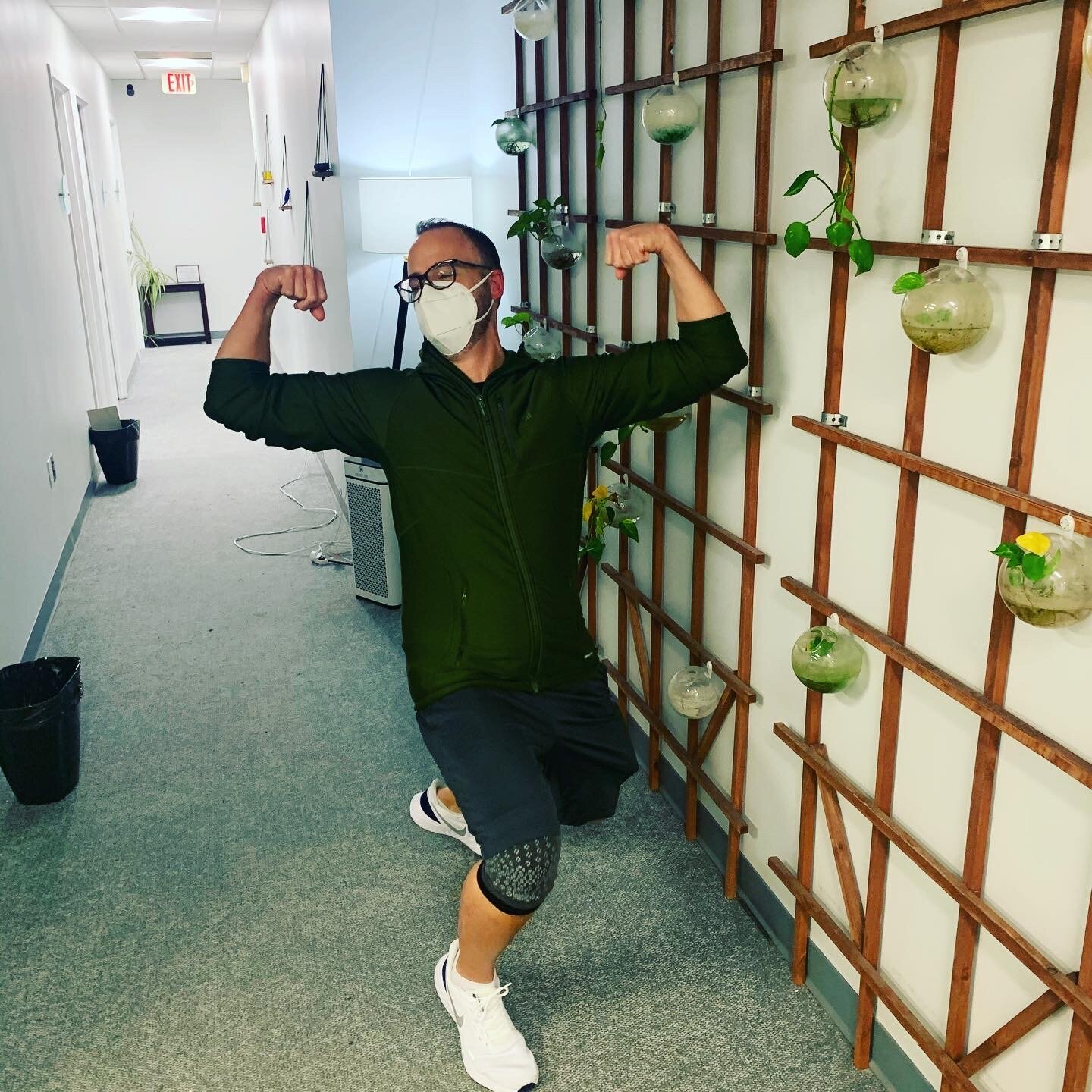
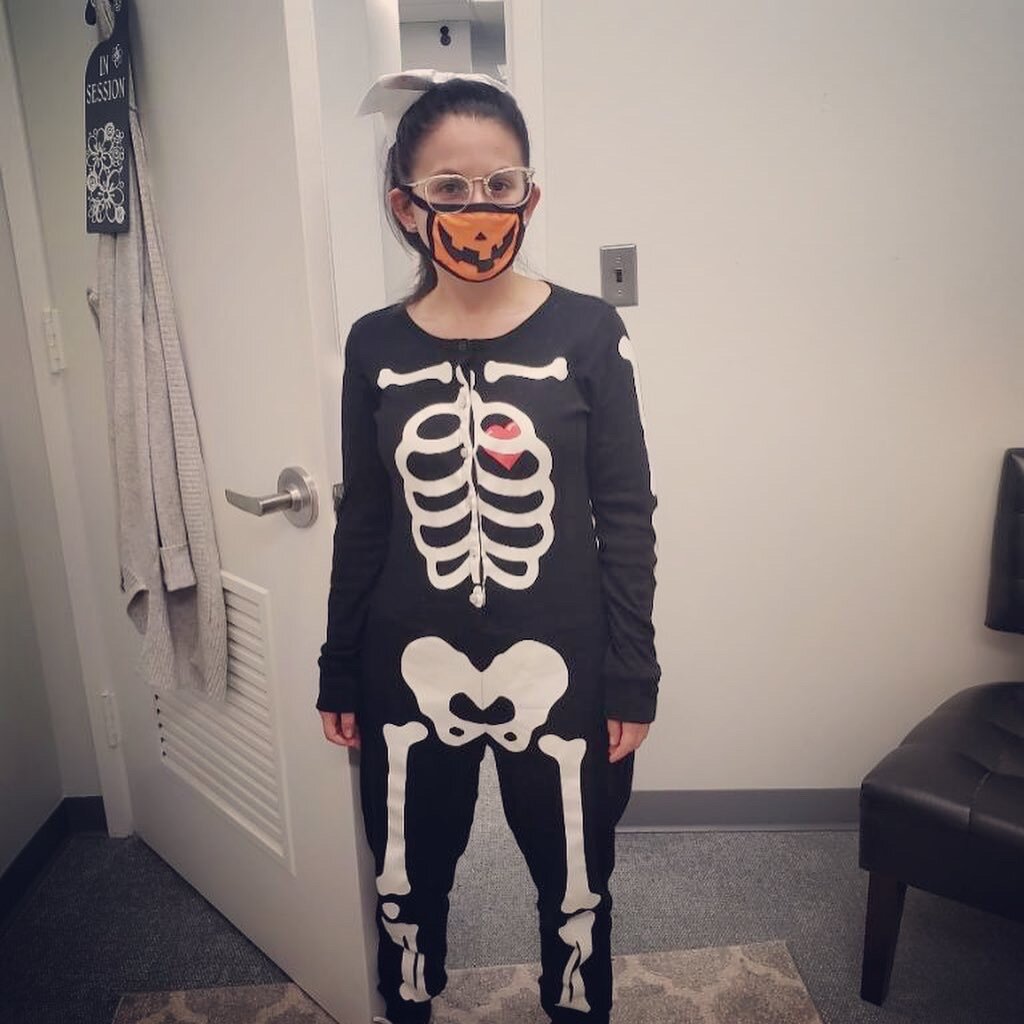
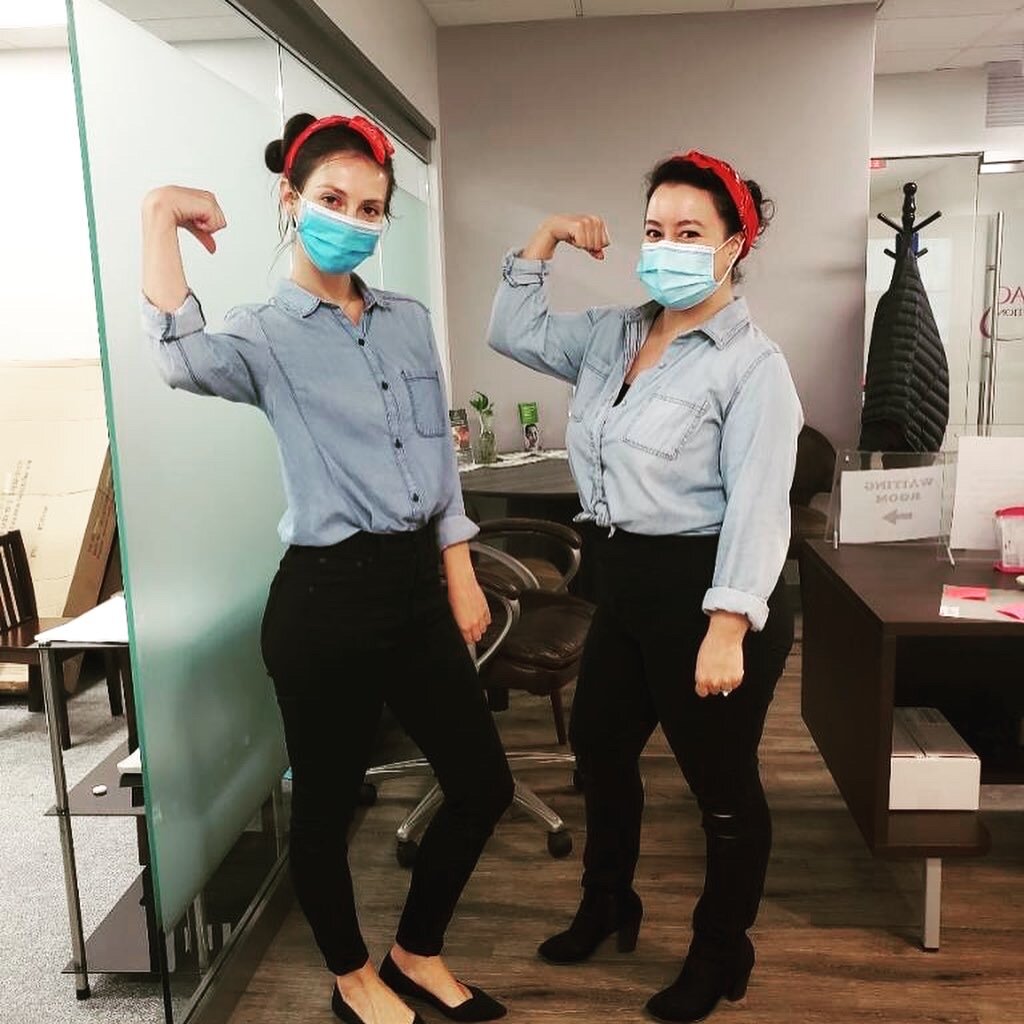
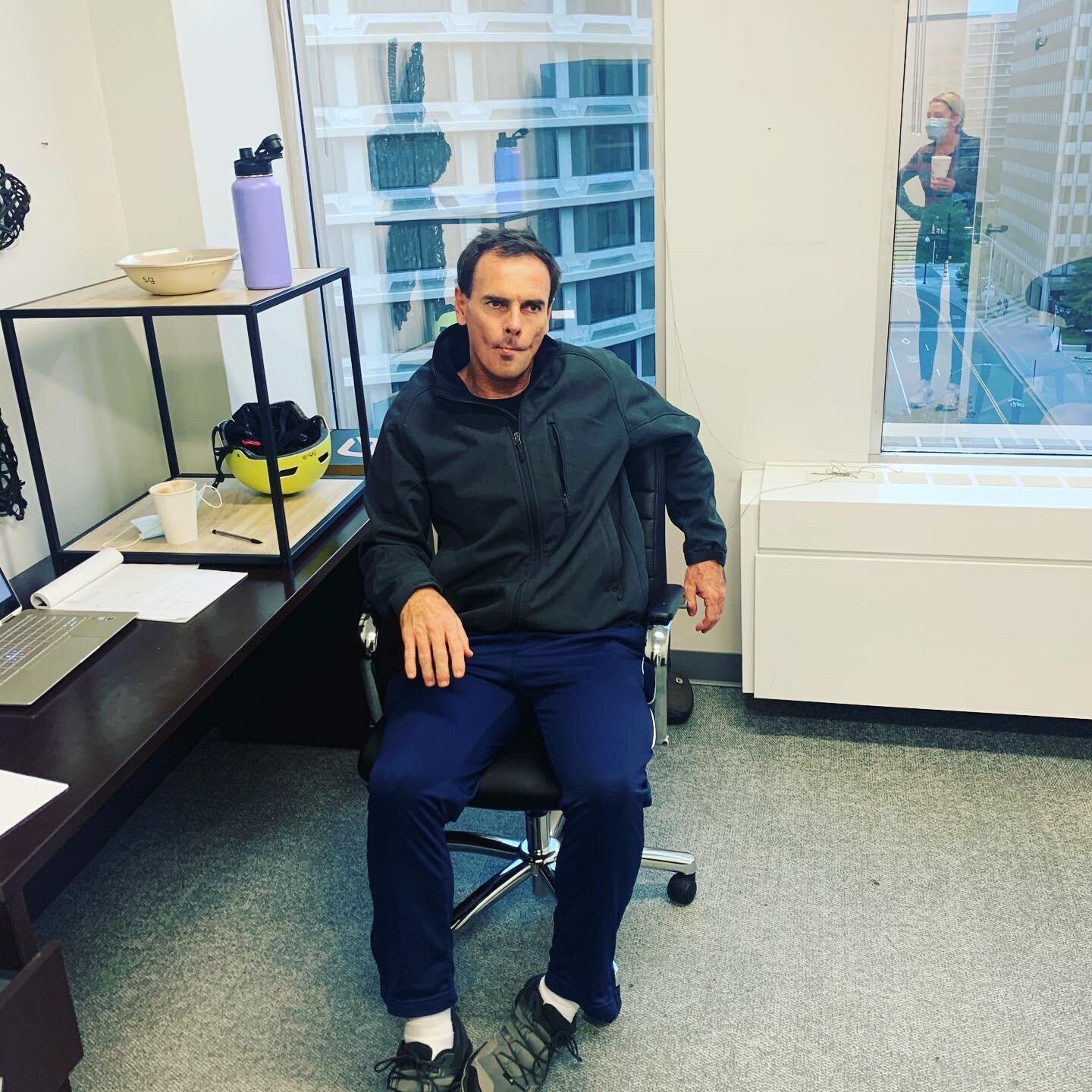
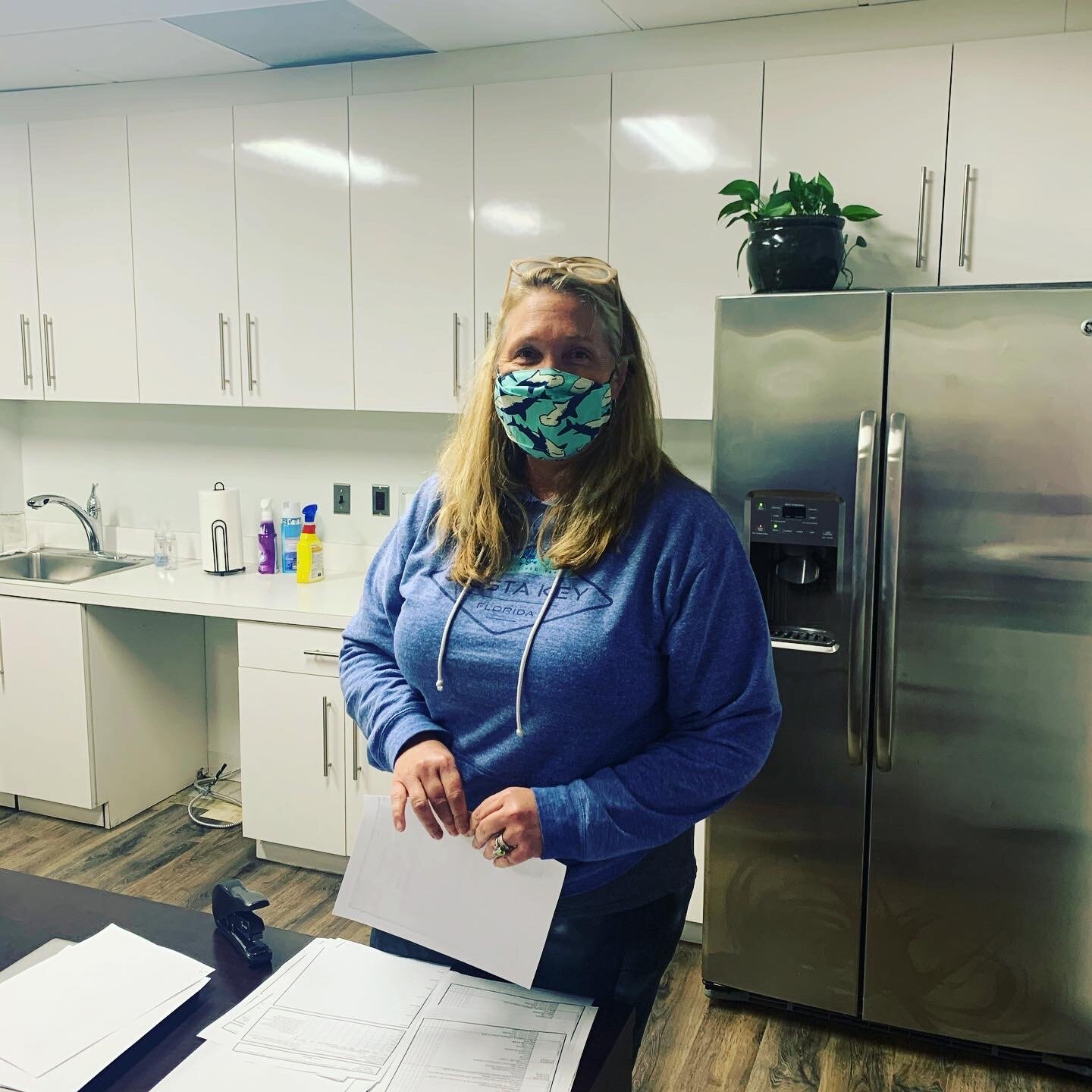
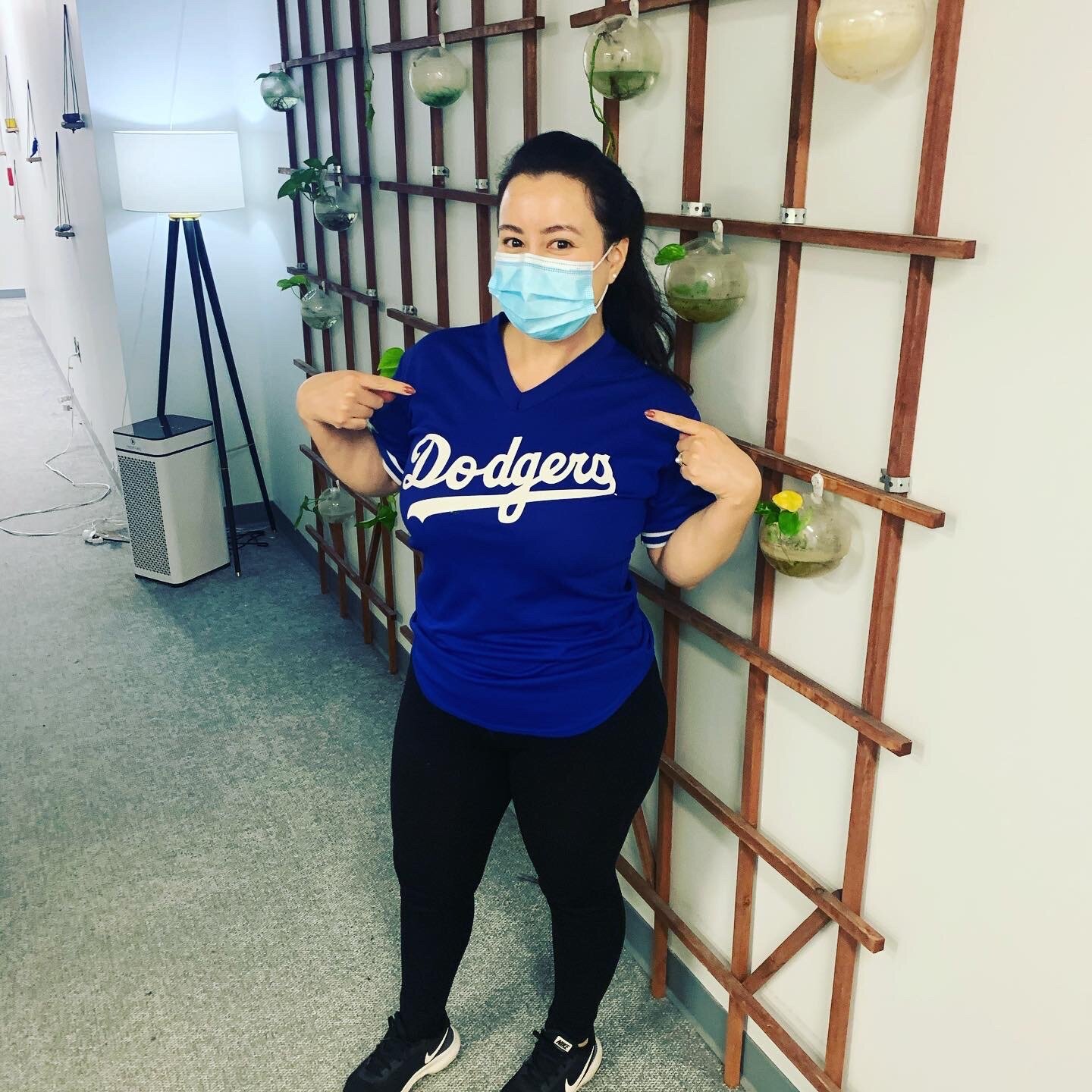
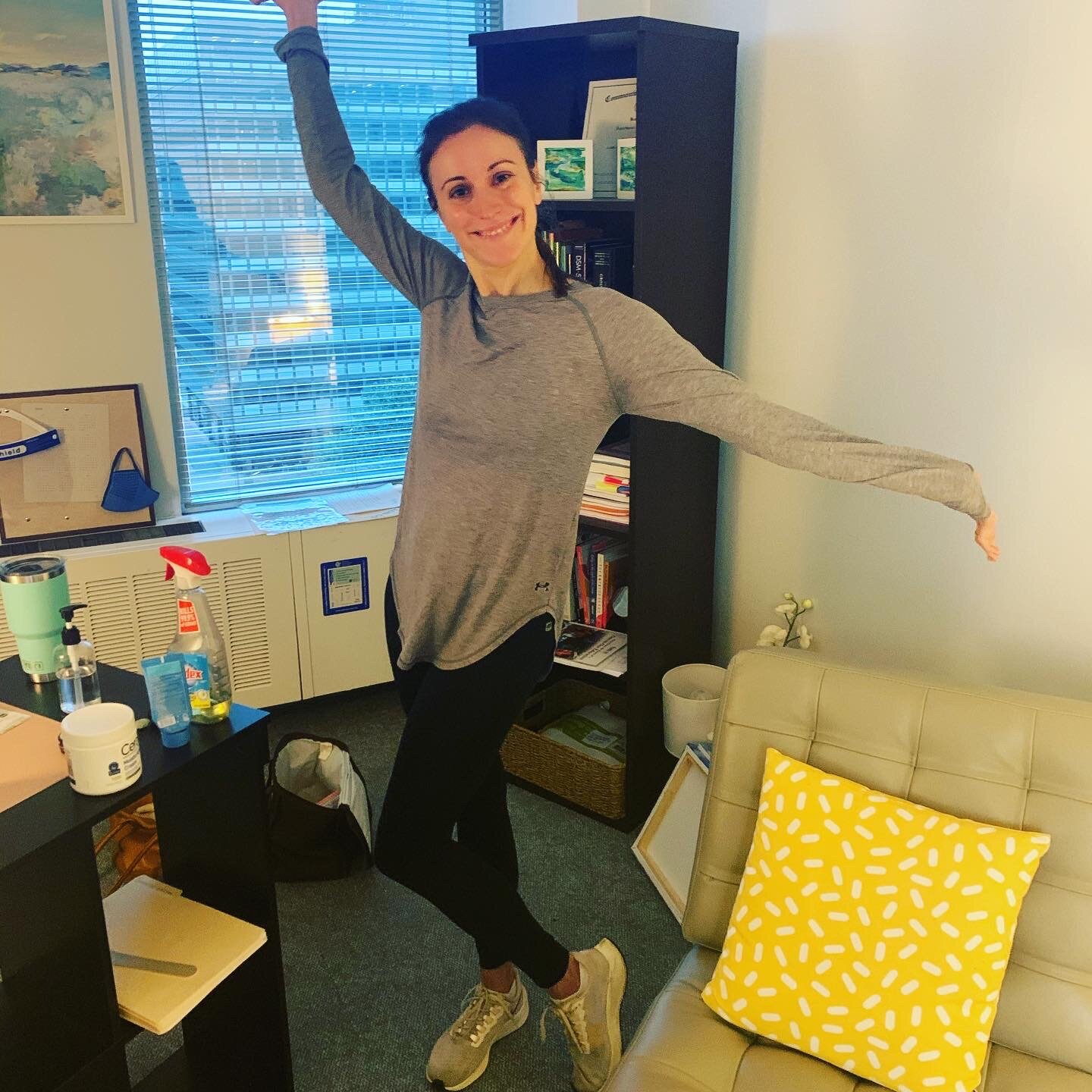
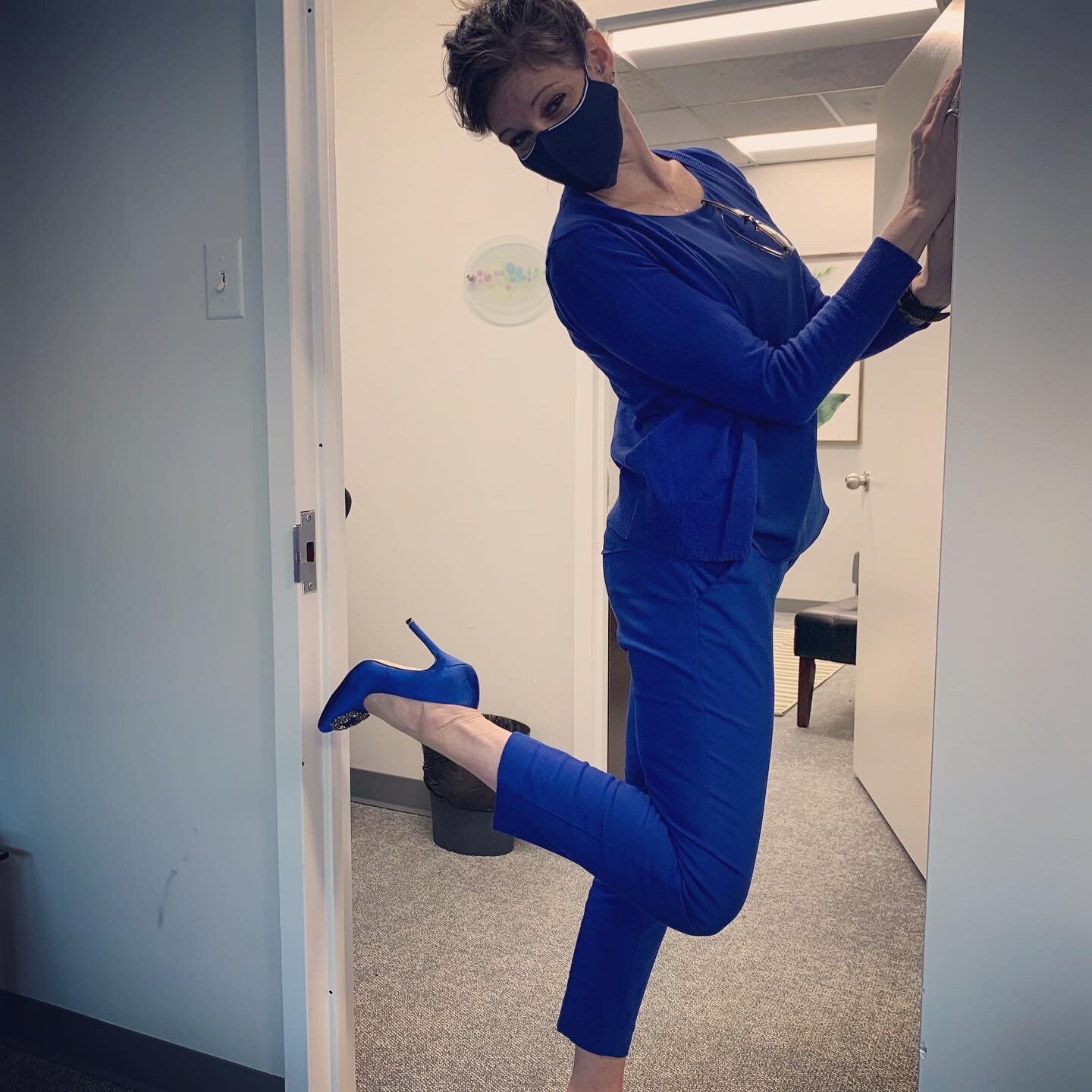
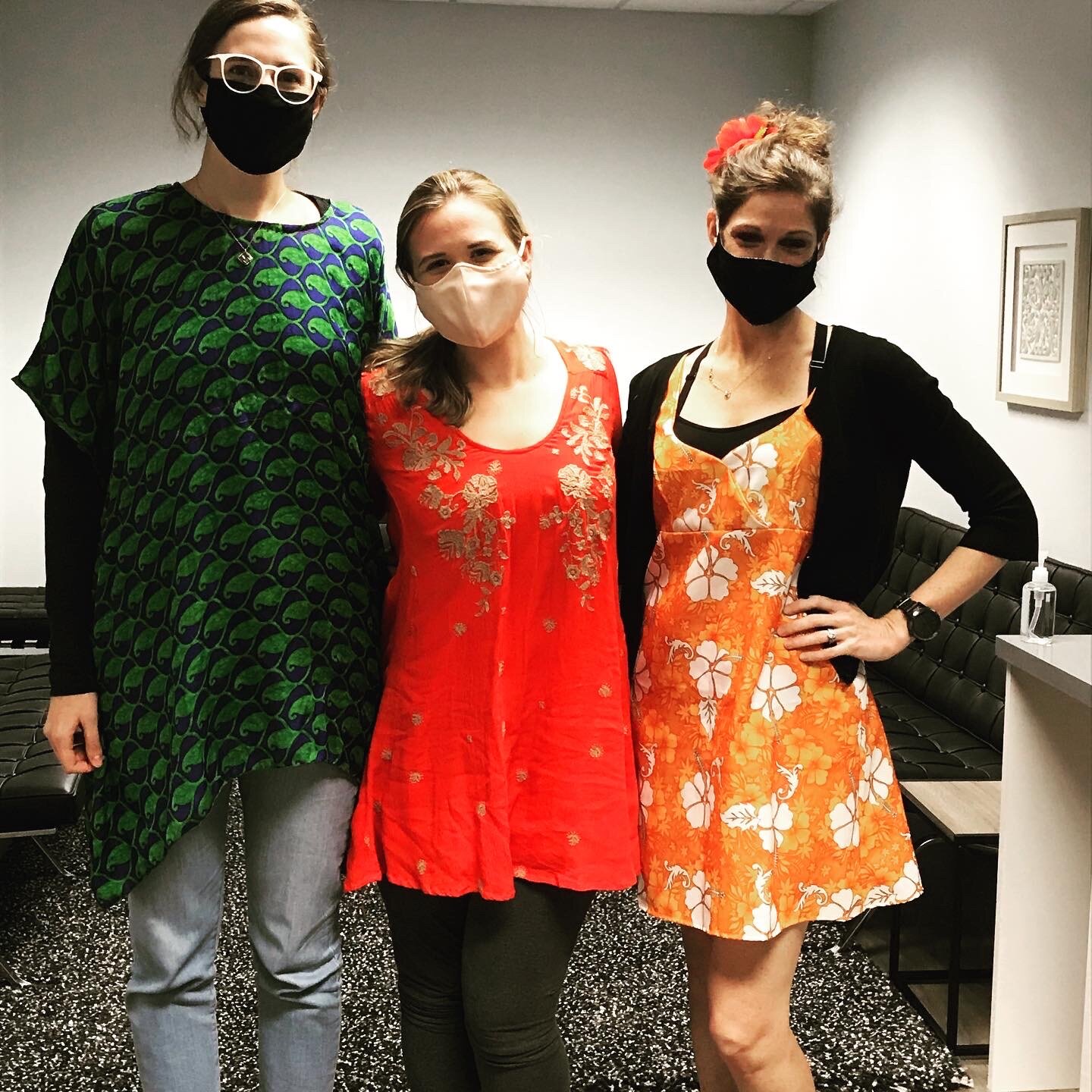
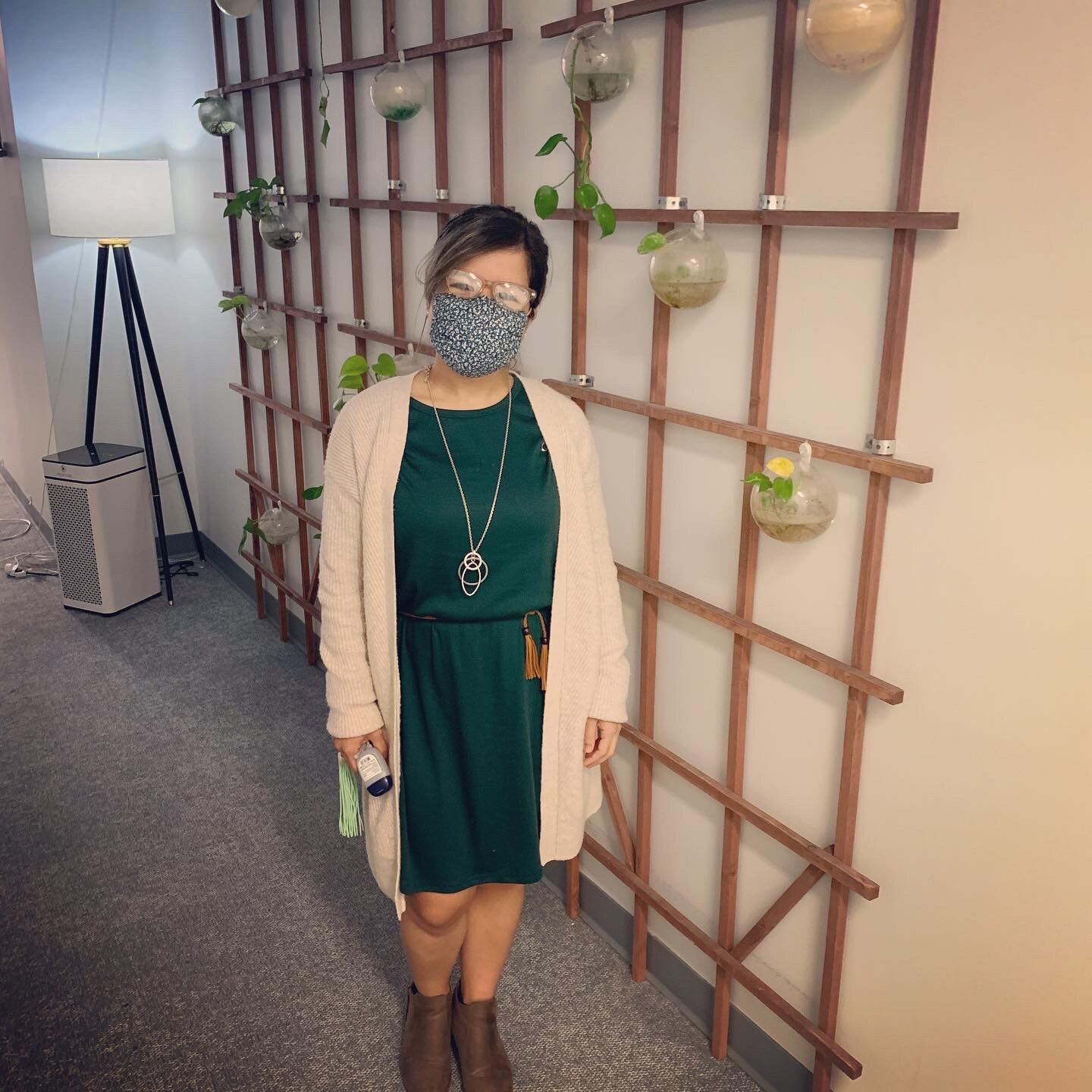
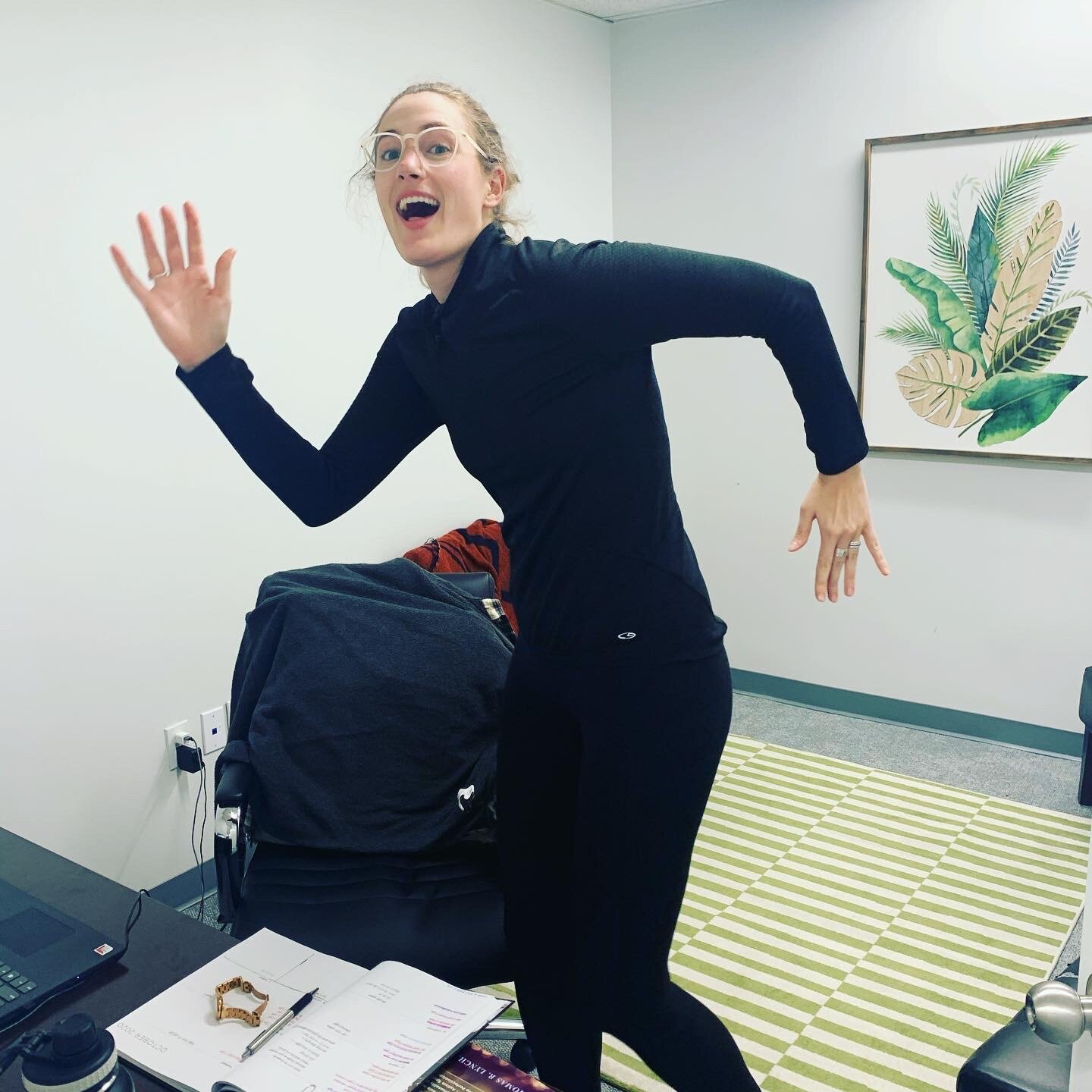
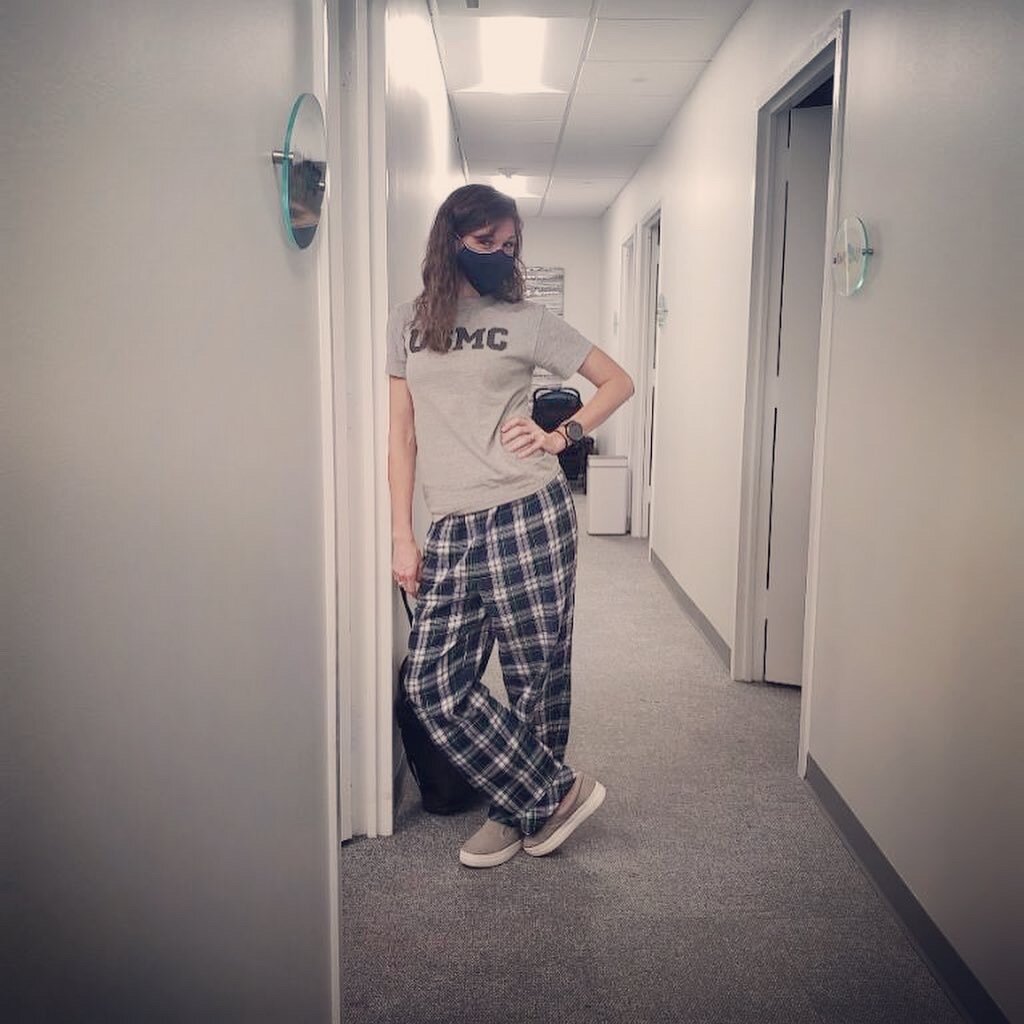
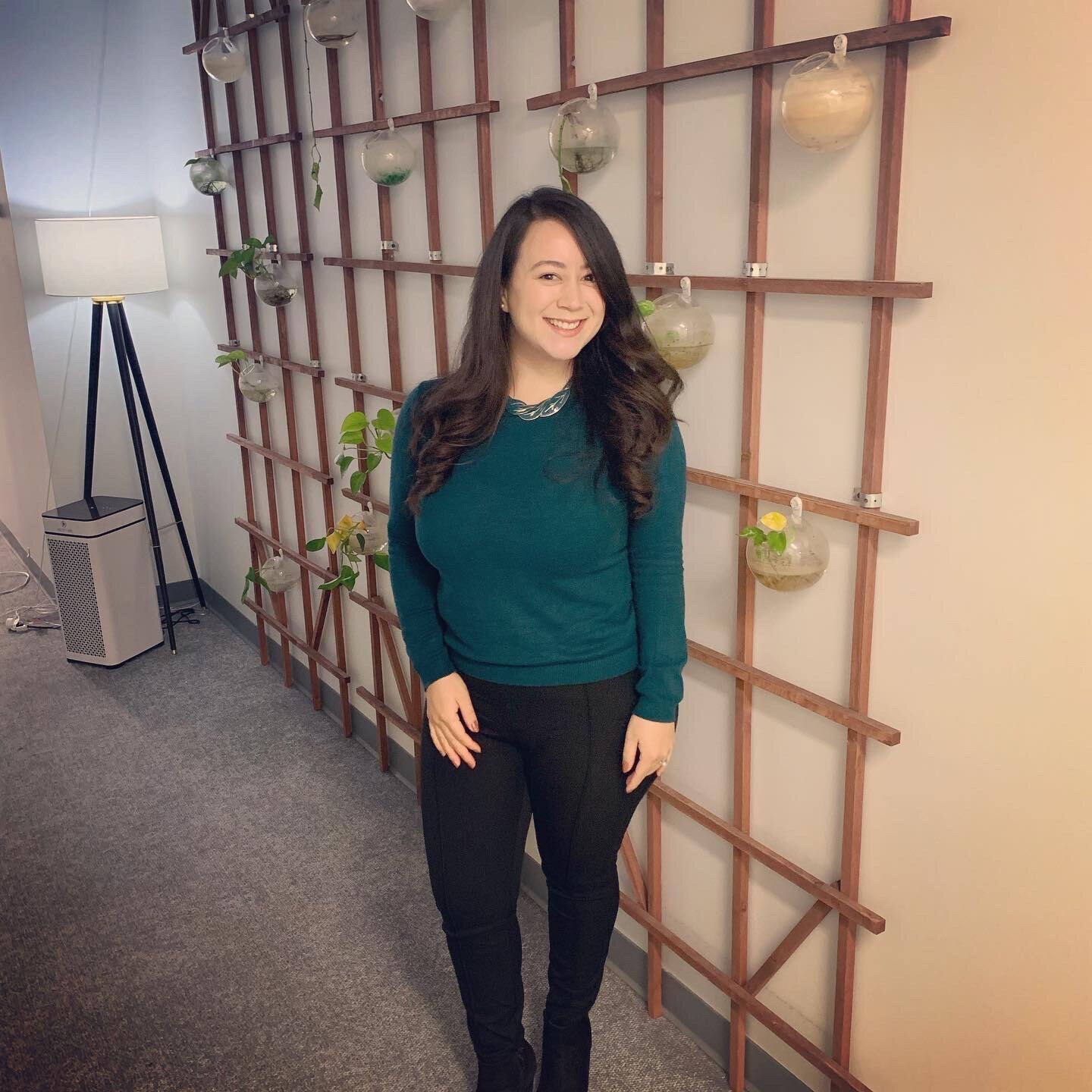
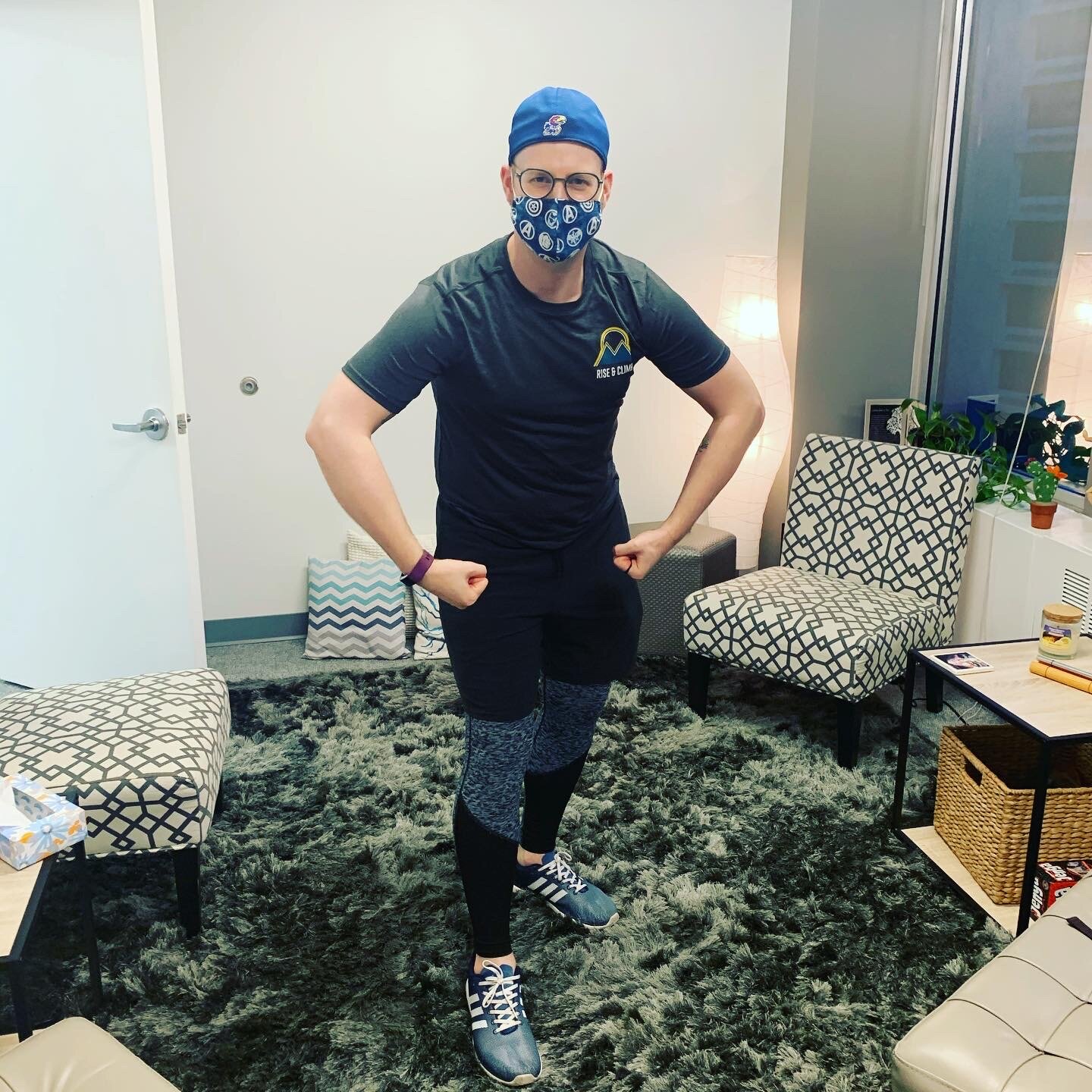
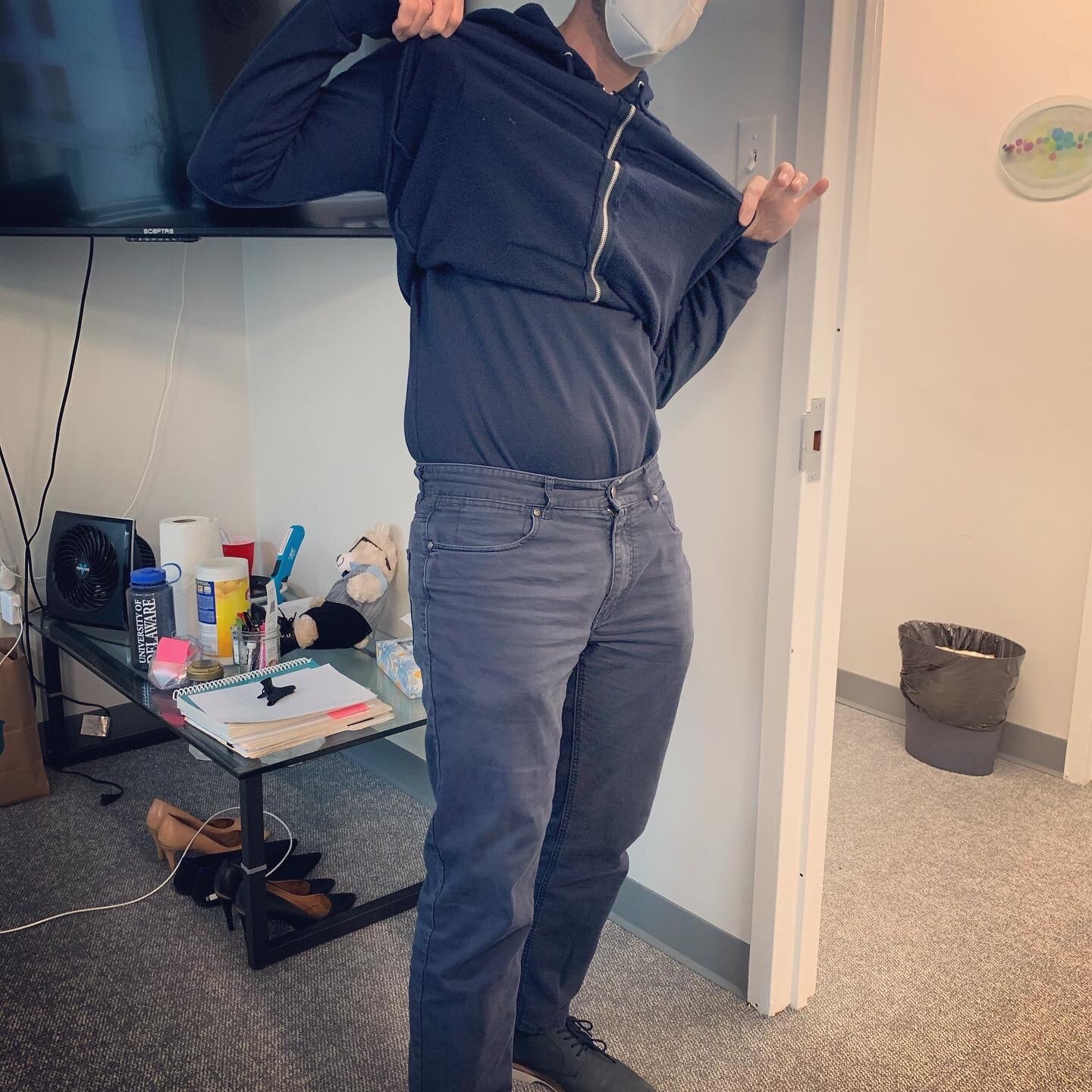
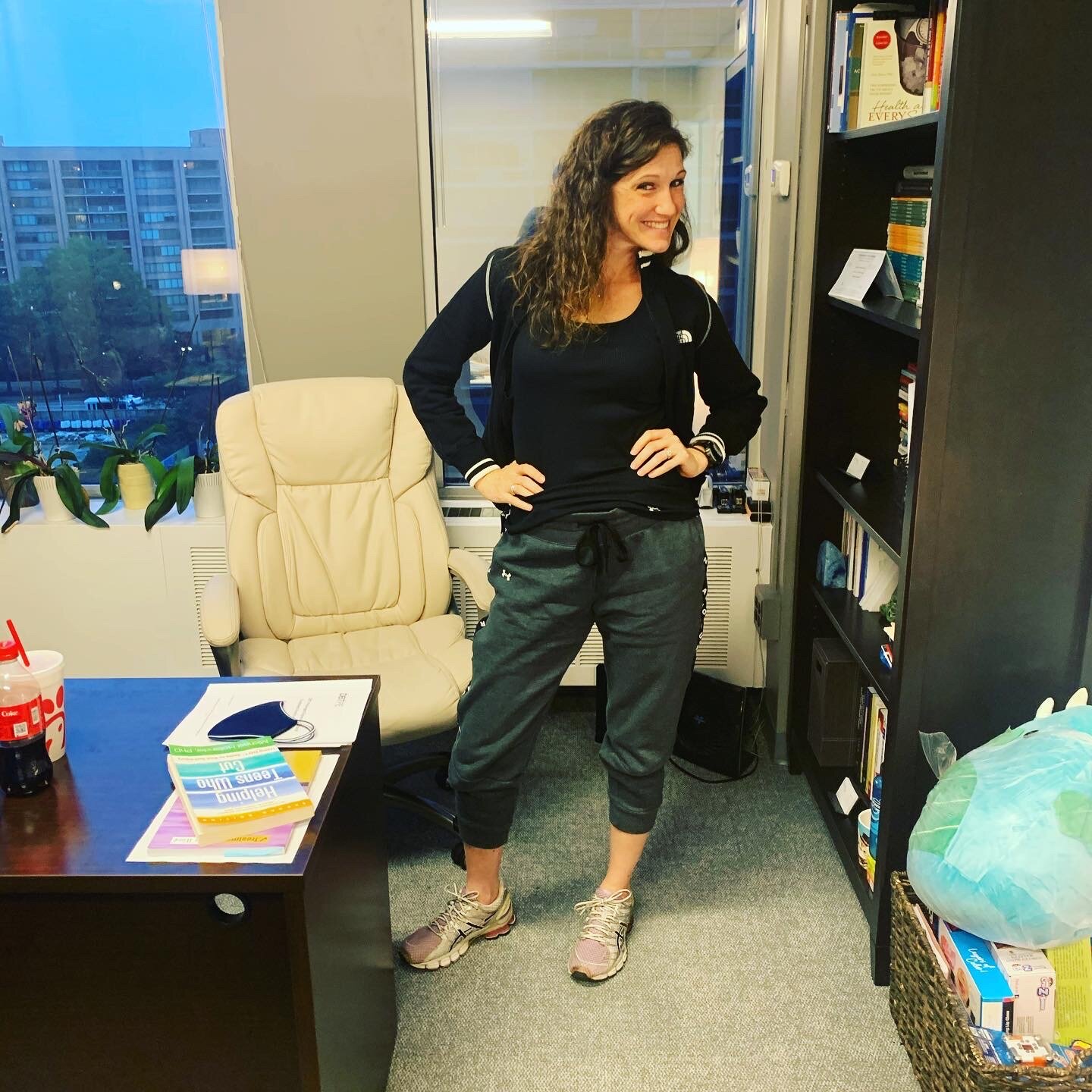
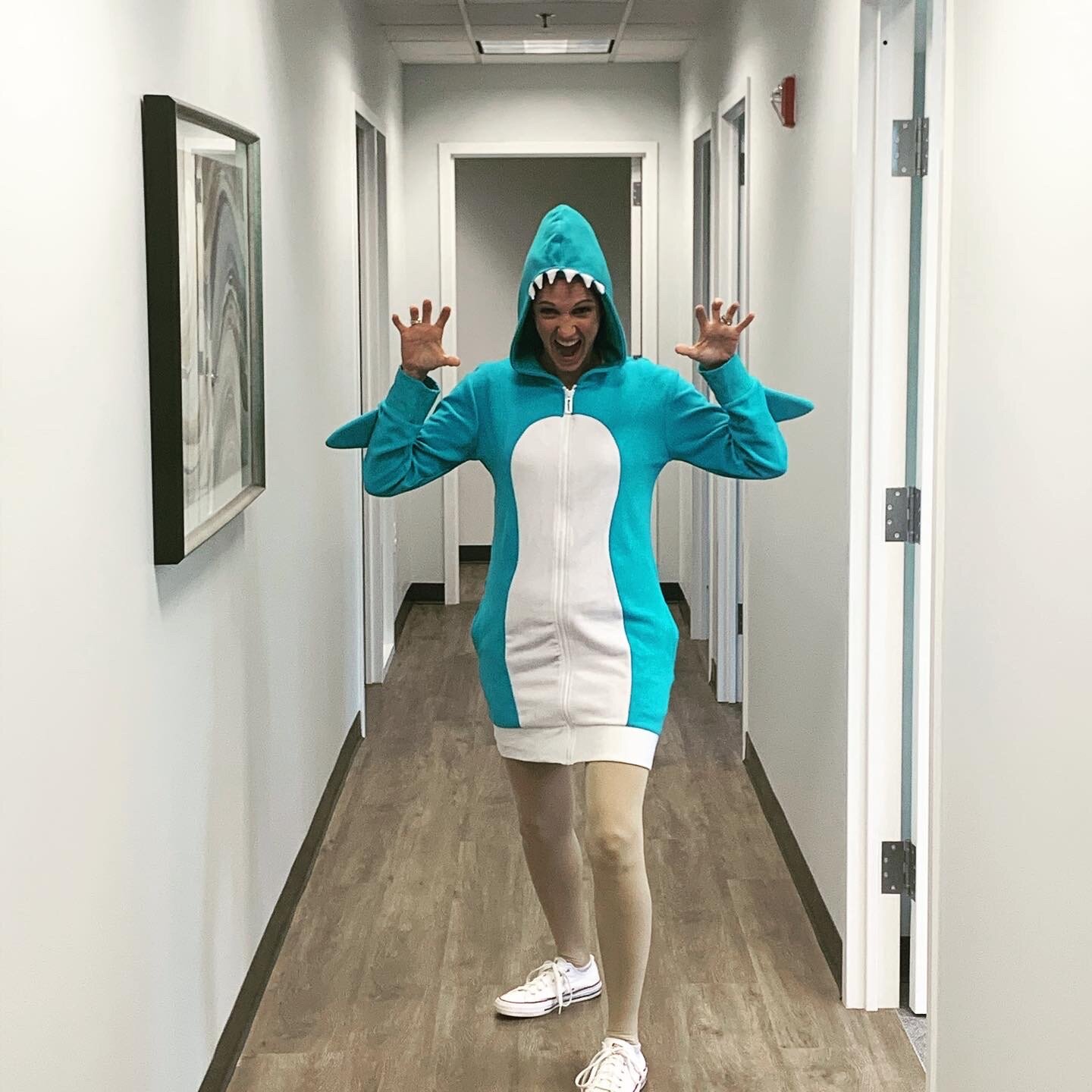
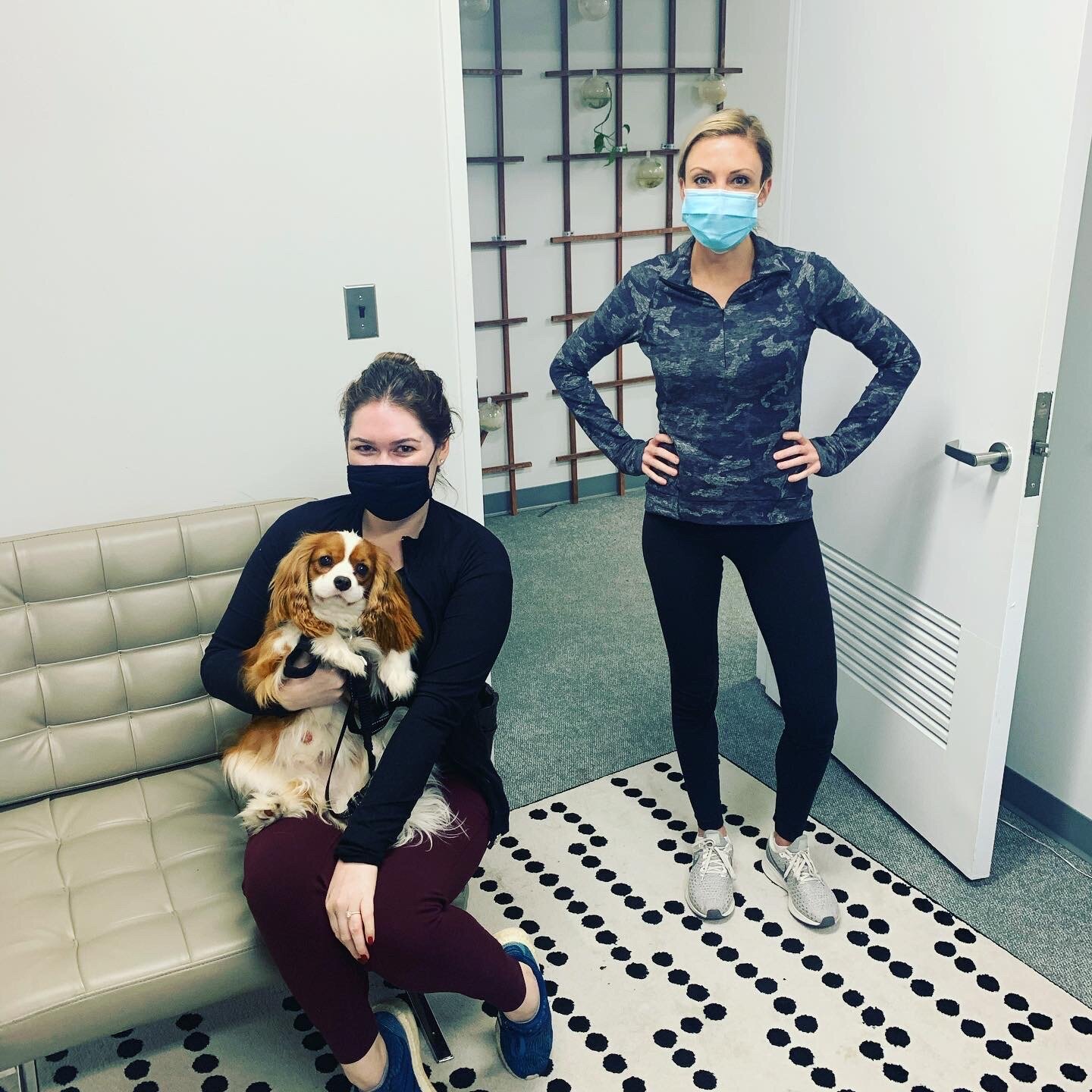
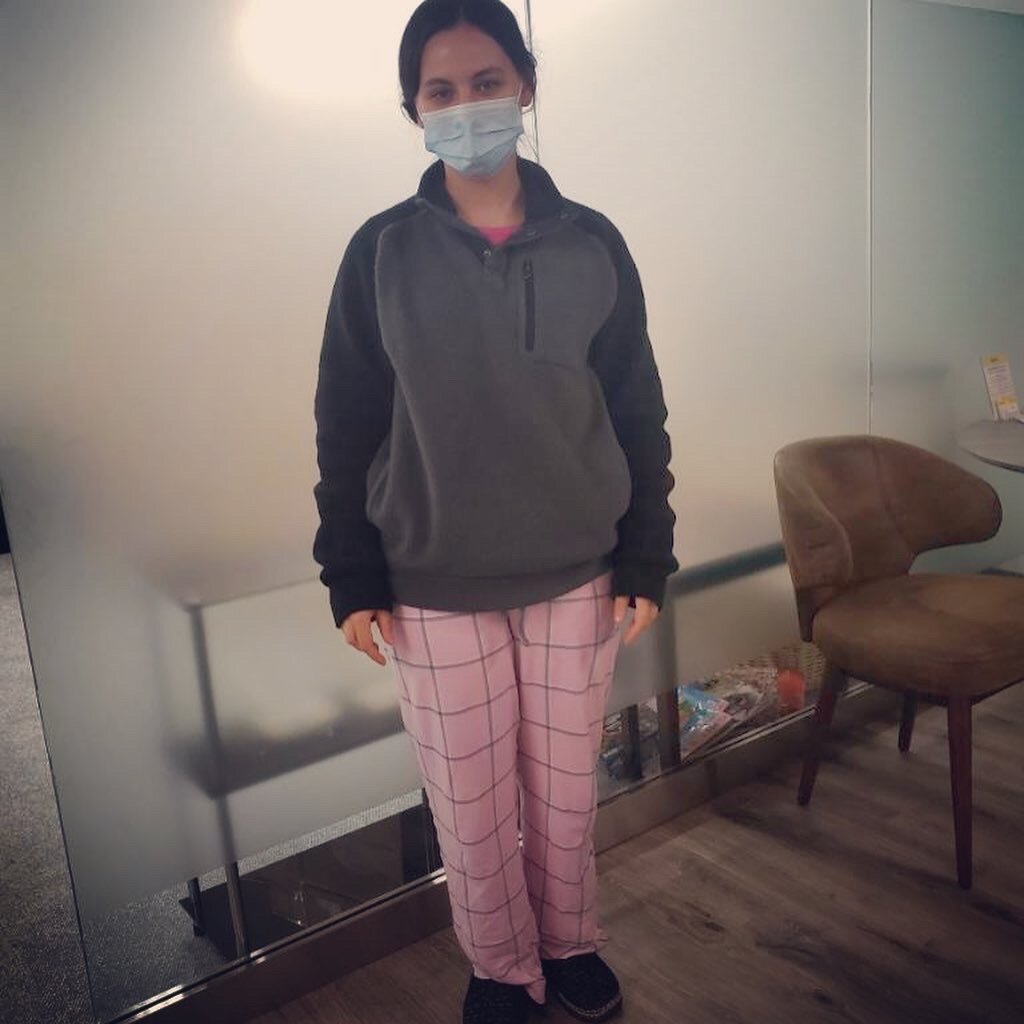
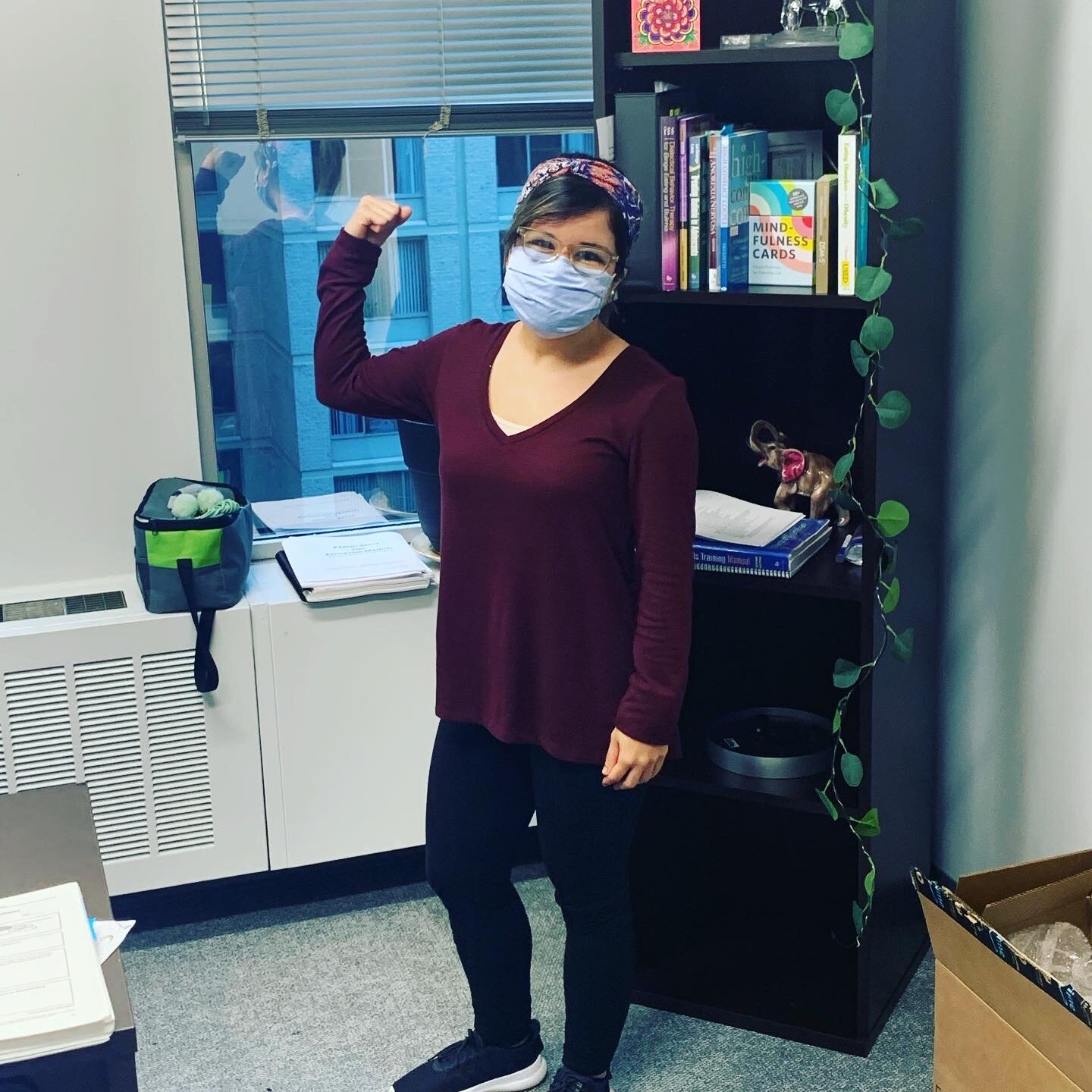
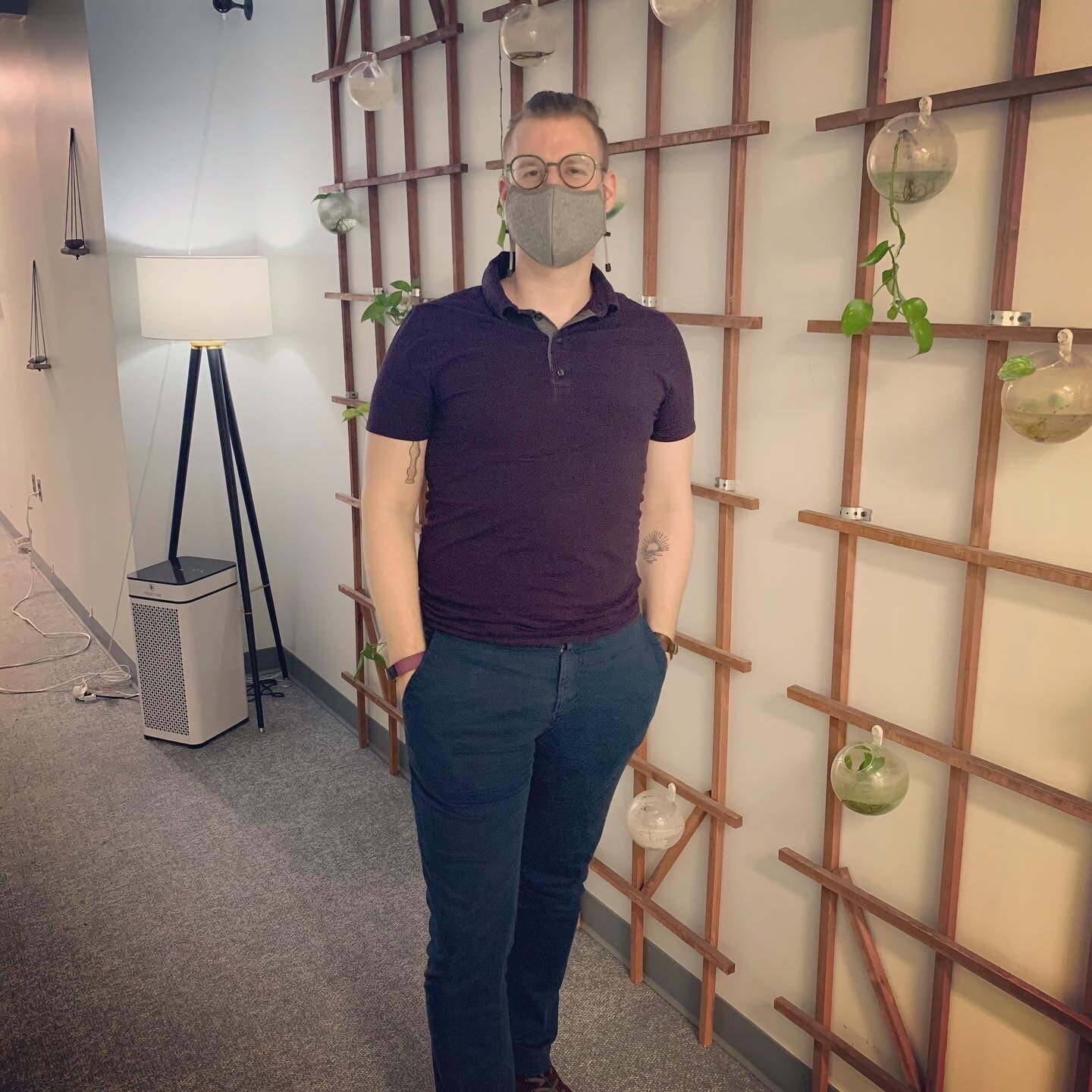
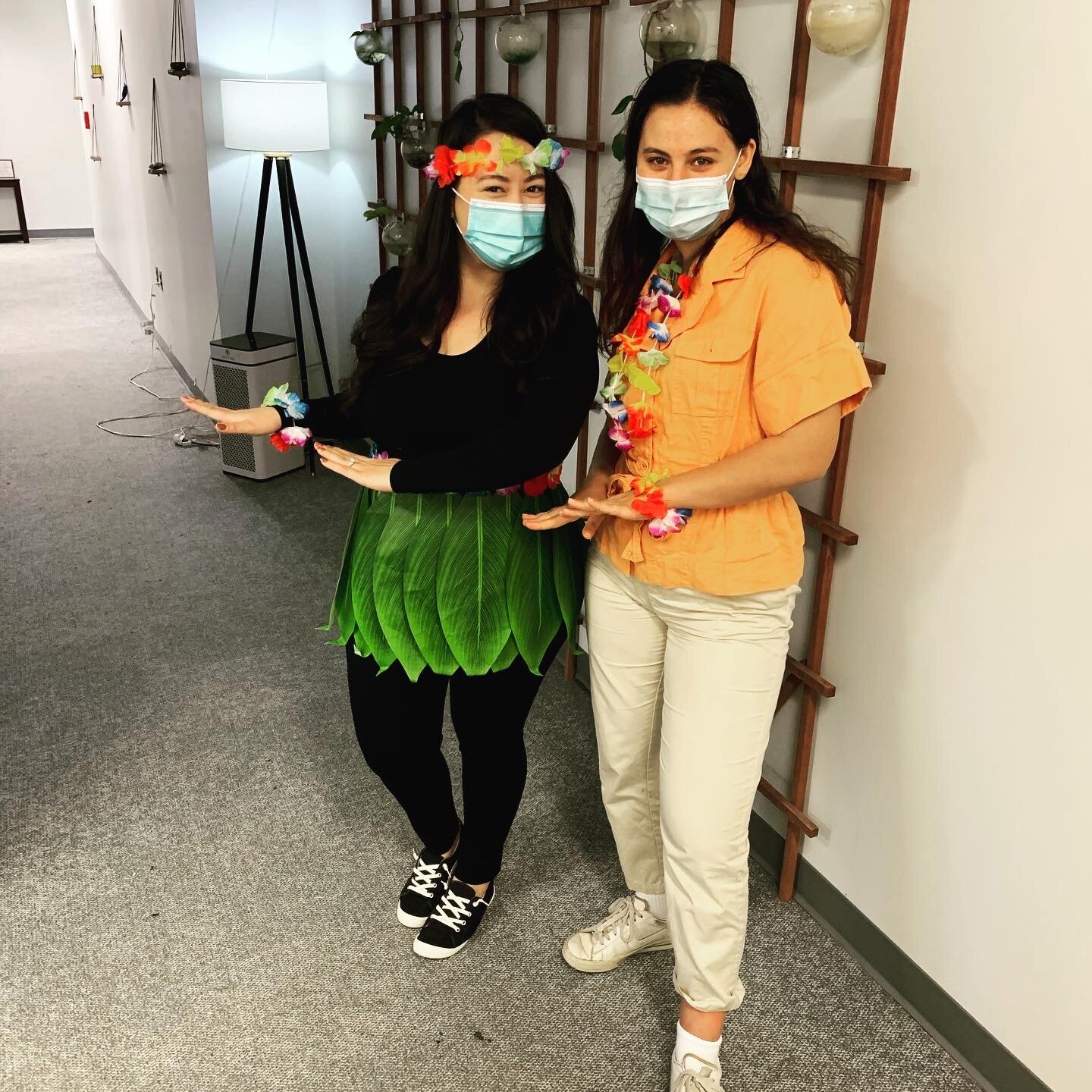

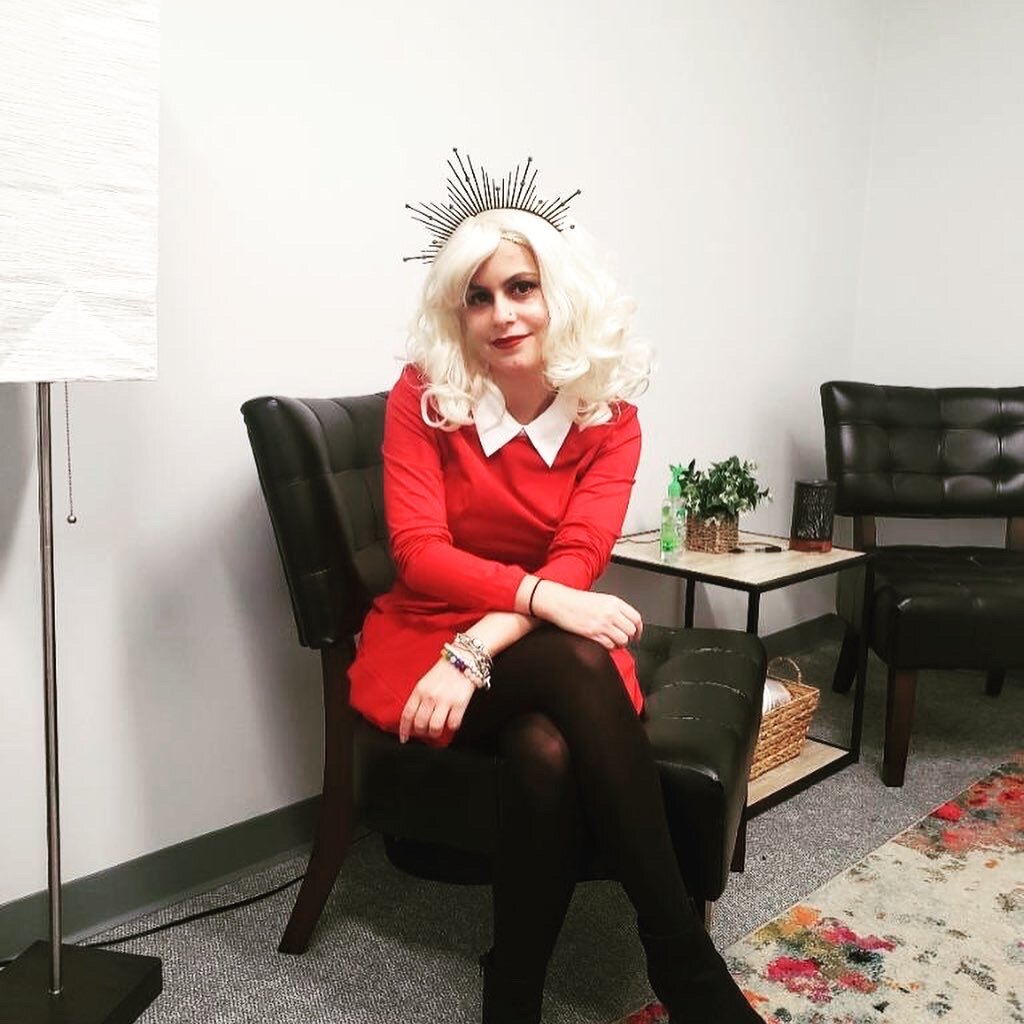
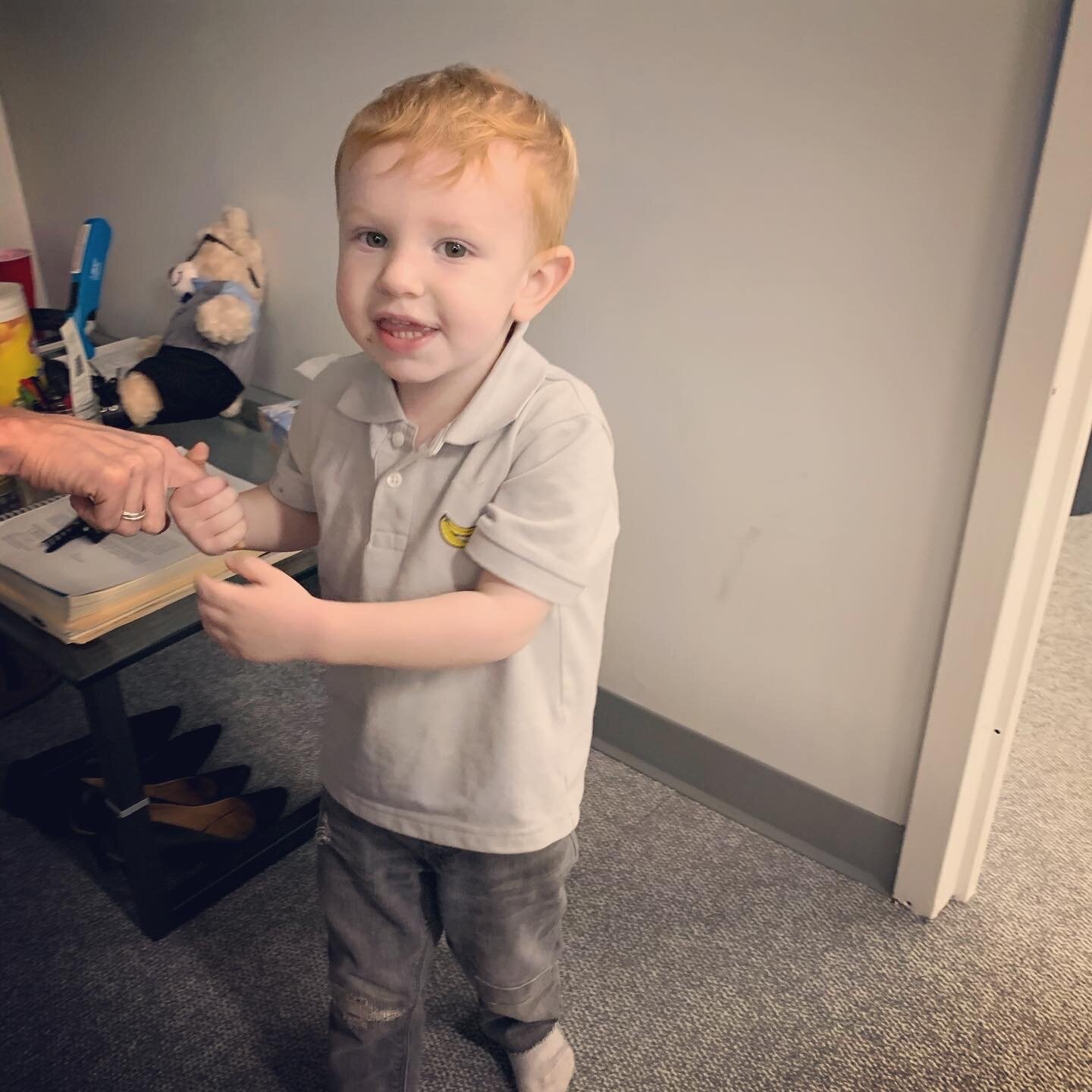
SPIRIT WEEK was a success! Check out our fun below! Be sure to click on the right side of the photos to scroll through the gallery.
The Potomac Behavioral Solutions (PBS) Crystal City office is moving...but don't worry, not too far!
Starting November 9, 2020, our new office will be located on S. Bell Street, in Crystal City, across the street from our current building. This larger location will provide space for our current staff and our continued growth in the upcoming years.
New address below:
1901 S. Bell Street
Suite 1125
Arlington, VA 22202
Parking will be available in the parking garage located directly below our new building (more information on this as we get it) and street parking. The new location will also still be easily accessible from the Crystal City Metro stop.
If you have any questions regarding our move, please feel free to reach out to our front desk staff:
571-257-3378.
We are excited to share this new space with you!
In an effort to expand services in the Northern Virginia area, Potomac Behavioral Solutions (PBS) will be opening a new office location in Ashburn, VA! This will be the second location for PBS, whose main office location is in Arlington, VA.
The Ashburn location will treat mental health related to anxiety, depression, mood disorders, eating disorders, and OCD, and will also include a Comprehensive DBT Program for adolescents and adults.
Current Ashburn office days/hours are:
M: Closed
Tu: 10-7
W: 10-7
Th: 10-7
F: 9-5
For more information about our Ashburn location or to schedule an intake, please contact: 571-257-3378.
Check out below a personal account of a previous patient we treated for OCD and how beneficial our services were to them! Their name will be redacted to adhere to privacy.
Pretty neat! Glad we could be of assistance to help build a life worth living for them!
Dear Dr. Marino and Staff:
I am writing to express my profound gratitude for the treatment I received at PBS and the enormous positive difference it has made in my life. All the staff who helped me during my intensive week, somewhere around April 2019, were awesome. Laura Cusamano and Verity Brown, my individual providers, were especially great – empathetic, caring, very effective, and always clearly in my corner. (I realize they both left the practice, but if feasible and appropriate, please share this message with them.)
The last few months of quarantine and COVID-19 issues could have been, and without the successes of my treatment surely would have been, hell on earth. I can only imagine being essentially cooped up in our townhouse with my wife, constantly in an agitated or anxious mood, and dealing with both real and imagined triggers and stresses. Without the treatment I received, this period could have been miserable.
Instead, although it has been a strange and stressful time in the country and world, for me the current crisis has been a period of personal renewal. I’ve only taken two “extra” showers – which used to be certainly a weekly if not a daily occurrence – since I started working from home on March 16. My mood is generally at a much higher and happier “default,” so to speak. That’s not to say my life is one big idyllic paradise, as I doubt it is for anyone; rather, the baseline is just so much higher. I feel like I’m in a position of strength to deal with real stresses and challenges while largely ignoring the old artificial ones.
My marriage has also improved tremendously. In fact, if I’m honest, I have to admit that the treatment and its success really saved my marriage. Here too, we’re not living in the final scene of a romantic comedy; I don’t want to give the impression that all my problems have magically been solved or that everything is easy now. However, in general, life is much easier with a lower level of anxiety and worry. I have more energy and attention to focus constructively on the relationship and am not so constantly focused inward. I also have much more time for positive things, without so much time spent ritualizing.
With my psychiatrist’s full awareness and approval, I’ve stopped taking about half of the medicines I used to take. I no longer take any Xanax for anxiety. I stopped taking it when, through a mix-up, I couldn’t get it filled in the early part of the current quarantine period, and I figured – and the doctor agreed – that if I don’t need it during the pandemic, I don’t need it. I also totally stopped taking Geodon.
I’ve also lost 40 pounds, which is an outward manifestation of feeling much better. That has probably been due to a combination of factors. I’ve certainly tried to be more healthy, but that has been much easier during the quarantine because I’m eating the vast majority of my meals at home, not grabbing junk food during the work day, and especially not constantly traveling for work, which is a challenge as far as remaining healthy. I have to assume that being off some of the medications has also been helpful.
There are regular daily activities I do with very little angst now, as far as ignoring the urge to shower or wash at certain times, that would have been inconceivable or very stressful before my treatment at PBS. On behalf of myself, my wife, and indeed my whole family, thank you all for putting me on a better path.
Hi There!
We are excited to announce our new Ashburn office location will be opening next month! We couldn’t be more thrilled to be bringing our services to the Loudoun County area!
Please click HERE for more details.
Check out these excellent videos showing the 4 modules of DBT, taught by the founder herself, Marsha Linehan below!:
https://psychwire.com/linehan/resources/the-four-skill-modules-in-dbt?goal=0_53621bb43c-be88157f43-66065327&mc_cid=be88157f43&mc_eid=e9ccafc519
Do you have a loved one who struggles with emotion dysregulation? Do you struggle with dysregulation yourself and wish that your loved ones could better understand and validate you? Family Connections is a 12-week FREE course created by the NEABPD for loved ones of those who struggle with regulating their emotions. The course combines psychoeducation about BPD and other emotion dysregulation disorders, learning DBT skills, and supporting other family members who feel like they are "walking on eggshells." The next round will begin on Tuesday, August 18 and will meet virtually every Tuesday from 5:00- 6:30 pm. Call us or email us to reserve your spot today!
571-257-3378
info@pbshealthcare.com
During this difficult time involving social injustice in America, we at PBS wanted to provide a toolkit we came across for positive black mental health in order to help navigate what can be traumatic and trigger:
Click HERE to find out more!
Kristen, one of our fearless leaders and a clinician at PBS has provided some excellent insight into a resource that can help during this troubling time of COVID-19. Thank you, as always, for your continued insight, Kristen!
Check it out below!
One of the many reasons that I love using Dialectical Behavior Therapy (DBT) as a treatment modality for patients is the concept of building a life worth living. As a therapist, life worth living goals are a way that I can achor my patients back to why they are tolerating discomfort that changing maladaptive coping strategies brings.
When patients have suicidal thoughts, "a life worth living" can seem like an impossibility at times. It can be challenging to see there's a way out of living hell when you are in the middle of it. I am a firm believer that through working with a therapist you trust and learning the DBT skills, achieving a life worth living is possible. In addition working with a professional, here is a helpful resource that can teach you how to implement the DBT skills, specifically for suicidal thoughts: https://www.nowmattersnow.org/.
Please note, this website is not a substitution for therapy. If you are having suicidal thoughts and are not able to manage them through skill use, please reach out to your treatment provider, a trusted friend/family member, or call 911.
--
Kristen Mahoney, LPC
Check out below for a message from our nutritionist on the connection between COVID-19 and eating disorders. Thanks for your input, Jennifer!
If you or someone you care about struggles with an eating disorder, this time of social isolation and the associated anxiety could exacerbate their symptoms. Uncertainty can increase feelings of powerlessness and tendencies to engage in destructive behaviors; social distancing can create challenges in maintaining a support network; difficulty in procuring food and household items can lead to anxiety and drive one to unhealthy coping skills. Here are some things to be mindful of during this time.
* While staying safe at home and grocery shopping less frequently, a person might experience the inclination to ration food, which could lead to food restriction. At the same time, stockpiling and hoarding food could increase vulnerabilities and lead to binge eating.
* News and social messaging could influence thoughts regarding eating “immune boosting” or “virus defeating” foods and supplements, possibly supporting orthorexia. It’s worthwhile to note that none of these claims are scientifically proven. Rather, a balanced diet of fresh or frozen fruits, vegetables, and whole grains is rich in antioxidants, fiber, and flavonoids, all of which naturally support the immune system.
*With gyms closed and sporting events cancelled, someone who leans toward excessive exercise can experience panic and increased negative body perceptions.
All of these lay the groundwork for obsessive thinking about food, weight, and body image, which are all hallmarks of eating disorders. During this challenging time, the best way to maintain a balanced diet and physical health is to stick to the basics: strive for a wide variety of colorful fruits and vegetables, whole grains, and lean meats, minimize sugar and processed foods, and get the recommended 30 minutes of moderate exercise daily.
If you notice the above symptoms developing or increasing in yourself or a loved one, please reach out for help. The Eating Disorder Team at Potomac Behavioral Solutions is here to support you. We are open and using telehealth during this time, so please reach out to our admin team at (571) 257-3378 to schedule an intake call with our clinical coordinator.
Jennifer Moore, MS, CNS
Nutritionist
Potomac Behavioral Solutions (PBS) is happy to announce reaching a contract agreement with the local Child Services Act (CSA) program in order to provide therapy services to eligible youth and families! CSA, a law enacted in the state of Virginia in 1993, provides state and local community funds to help match at risk youth and their families to public and private services that effectively meet their assessed needs. Owner of PBS, Dr. Joanna Marino says, “We are so excited to be partnering with our local CSA program. This provides PBS the opportunity to connect with folks who otherwise may not be eligible to receive the mental health services that we provide. Our partnership with CSA allows us to reach a larger community to promote awareness of emotional health.”
PBS will be providing dialectical behavioral therapy, medication management, nutrition, and consultation services through their contract with CSA. Research shows that providing early mental health interventions in youth helps to prevent or mitigate mental health concerns later in life, which is why Dr. Marino was passionate about partnering with CSA when they reached out to PBS. “I think it is essential to teach skills that help youth regulate and understand their emotions,” said Marino. “Providing evidence-based treatment and teaching skills to youth and their family is a significant factor that could help prevent further mental health concerns down the road. I am thrilled we have the opportunity to expand our impact on our local community!”
For more information on CSA, please visit their website.
This is a facts sheet on how Telehealth is becoming a major interest in society. And that’s fantastic given the current situation we are having around navigating a pandemic. Most health providers are close to, if not, 100% Telehealth in order to maintain the safety and security of their patients.
Super interesting! Take a look.

Thank you Russ Harris for this fabulous acronym, and the effective skills to use with it, in response to the stressors we are all feeling while dealing with the pandemic. Check it out below:
How to respond effectively to the Corona crisis by Dr Russ Harris, author of The Happiness Trap
‘FACE COVID’ is a set of practical steps for responding effectively to the Corona crisis, using the principles of acceptance and commitment therapy (ACT). Here’s a quick summary of the key steps, and in the pages that follow we’ll explore them all in more depth:
F = Focus on what’s in your control
A = Acknowledge your thoughts & feelings
C = Come back into your body
E = Engage in what you’re doing
C = Committed action
O = Opening up
V = Values I = Identify resources
D = Disinfect & distance
Let’s now explore these, one by one
F = Focus on what’s in your control
The Corona crisis can affect us in many different ways: physically, emotionally, economically, socially, and psychologically. All of us are (or soon will be) dealing with the very real challenges of widespread serious illness and the inabilities of healthcare systems to cope with it, social and community disruption, economic fallout and financial problems , obstacles and interruptions to many aspects of life … and the list goes on.
And when we are facing a crisis of any sort, fear and anxiety are inevitable; they are normal, natural responses to challenging situations infused with danger and uncertainty. It’s all too easy to get lost in worrying and ruminating about all sorts of things that are out of your control: what might happen in the future; how the virus might affect you or your loved ones or your community or your country or the world – and what will happen then - and so on. And while it’s completely natural for us to get lost in such worries, it’s not useful or helpful. Indeed the more we focus on what’s not in our control, the more hopeless or anxious we’re likely to feel. So the single most useful thing anyone can do in any type of crisis – Corona-related or otherwise - is to: focus on what’s in your control.
You can’t control what happens in the future. You can’t control Corona virus itself or the world economy or how your government manages this whole sordid mess. And you can’t magically control your feelings, eliminating all that perfectly natural fear and anxiety. But you can control what you do - here and now. And that matters.
Because what you do - here and now - can make a huge difference to yourself, and anyone living with you, and a significant difference to the community around you.
© Russ Harris, 2020 www.TheHappinessTrap.com www.ImLearningACT.com
The reality is, we all have far more control over our behaviour, than we do over our thoughts and feelings. So our number one aim is to take control of our behaviour - right here and now - to respond effectively to this crisis.
This involves both dealing with our inner world – all our difficult thoughts and feelings - and our outer world – all the real problems we are facing. How do we do this? Well, when a big storm blows up, the boats in the harbour drop anchor – because if they don’t, they’ll get swept out to sea. And of course, dropping anchor doesn’t make the storm go away (anchors can’t control the weather) - but it can hold a boat steady in the harbour, until the storm passes in its own good time.
Similarly, in an ongoing crisis, we’re all going to experience ‘emotional storms’: unhelpful thoughts spinning inside our head, and painful feelings whirling around our body. And if we’re swept away by that storm inside us, there’s nothing effective we can do. So the first practical step is to ‘drop anchor’, using the simple ACE formula:
A = Acknowledge your thoughts and feelings
C = Come back into your body
E = Engage in what you’re doing
Let’s explore these one by one:
A = Acknowledge your thoughts and feelings
Silently and kindly acknowledge whatever is ‘showing up’ inside you: thoughts, feelings, emotions, memories, sensation, urges. Take the stance of a curious scientist, observing what’s going on in your inner world. As you do this, often it’s helpful to put this into words, and silently say to yourself something like, ‘I’m noticing anxiety’, or ‘Here’s grief’, or ‘There’s my mind worrying’ or ‘I’m having a feeling of sadness’ or ‘I’m having thoughts about getting sick’.
And while continuing to acknowledge your thoughts and feelings, also ....
C = Come back into your body
Come back into and connect with your physical body. Find your own way of doing this. You could try some or all of the following, or find your own methods:
• Slowly pushing your feet hard into the floor.
• Slowly straightening up your back and spine; if sitting, sitting upright and forward in your chair.
• Slowly pressing your fingertips together
• Slowly stretching your arms or neck, shrugging your shoulders.
• Slowly breathing
© Russ Harris, 2020 www.TheHappinessTrap.com www.ImLearningACT.com
Note: you are not trying to turn away from, escape, avoid or distract yourself from what is happening in your inner world. The aim is to remain aware of your thoughts and feelings, continue to acknowledge their presence .... and at the same time, come back into and connect with your body, and actively move it. Why? So you can gain as much control as possible over your physical actions, even though you can’t control your feelings. (Remember, F = Focus on what’s in your control)
And as you acknowledge your thoughts & feelings, and come back into your body, also ....
E = Engage in what you’re doing
Get a sense of where you are and refocus your attention on the activity you are doing.
Find your own way of doing this. You could try some or all of the following suggestions, or find your own methods:
• Look around the room and notice 5 things you can see.
• Notice 3 or 4 things you can hear.
• Notice what you can smell or taste or sense in your nose and mouth
• Notice what you are doing
• End the exercise by giving your full attention to the task or activity at hand. (And if you don’t have any meaningful activity to do, see the next 3 steps.)
Ideally, run through the ACE cycle slowly 3 or 4 times, to turn it into a 2- 3 minute exercise.
If you wish, to help you get the hang of this, you can download some free audio recordings of ‘dropping anchor’ exercises, varying from 1 minute to 11 minutes in length. You can listen to these and use them as a guide to help you develop this skill. You can download or stream them from the left hand box on this webpage: https://www.actmindfully.com.au/free-stuff/free-audio/
NOTE: please don’t skip the A of ACE; it’s so important to keep acknowledging the thoughts and feelings present, especially if they are difficult or uncomfortable. If you skip the A, this exercise will turn into a distraction technique – which it’s not supposed to be.
Dropping anchor is a very useful skill. You can use it for handling difficult thoughts, feelings, emotions, memories, urges and sensations more effectively; switching off auto-pilot and engaging in life; grounding and steadying yourself in difficult situations; disrupting rumination, obsessing and worrying; and focusing your attention on the task or activity you are doing. The better you anchor yourself in the here and now, the more control you have over your actions – which makes it a lot easier to do the next steps: COVID
© Russ Harris, 2020 www.TheHappinessTrap.com www.ImLearningACT.com
C = Committed Action Committed action means effective action, guided by your core values; action you take because it’s truly important to you; action you take even if it brings up difficult thoughts and feelings. Once you have dropped anchor, using the ACE formula, you will have a lot of control over your actions – so this makes it easier to do the things that truly matter. Now obviously that includes all those protective measures against Corona – frequent handwashing, social distancing, and so on. But in addition to those fundamentals of effective action, consider: What are simple ways to look after yourself, those you live with, and those you can realistically help? What kind, caring, supportive deeds you can do? Can you say some kind words to someone in distress – in person or via a phone call or text message? Can you help someone out with a task or a chore, or cook a meal, or hold someone’s hand, or play a game with a young child? Can you comfort and soothe someone who is sick? Or in the most serious of cases, nurse them and access whatever medical assistance is available?
And if you’re spending a lot more time at home, through self-isolation or forced quarantine, or social distancing, what are the most effective ways to spend that time? You may want to consider physical exercise to stay fit, cooking (as) healthy food (as possible, given restrictions), and doing meaningful activities by yourself or with others. And if you’re familiar with acceptance and commitment therapy or other mindfulness-based approaches, how can you actively practice some of those mindfulness skills?
Repeatedly throughout the day, ask yourself ‘What can I do right now - no matter how small it may be - that improves life for myself or others I live with, or people in my community?’ And whatever the answer is – do it, and engage in it fully.
O = Opening up
Opening up means making room for difficult feelings and being kind to yourself. Difficult feelings are guaranteed to keep on showing up as this crisis unfolds: fear, anxiety, anger, sadness, guilt, loneliness, frustration, confusion, and many more. We can’t stop them from arising; they’re normal reactions. But we can open up and make room for them: acknowledge they are normal, allow them to be there (even though they hurt), and treat ourselves kindly. Remember, self-kindness is essential if you want to cope well with this crisis – especially if you are in a caregiver role. If you’ve ever flown on a plane, you’ve heard this message: ‘In event of an emergency, put on your own oxygen mask before assisting others.’ Well, self-kindness is your own oxygen mask; if you need to look after others, you’ll do it a whole lot better if you’re also taking good care of yourself.
So ask yourself, ‘If someone I loved was going through this experience, feeling what I am feeling – if I wanted to be kind and caring towards them, how would I treat them? How would I behave towards them? What might I say or do?’ Then try treating yourself the same way. For more on self-kindness, also known as self-compassion, read this eBook: https://drive.google.com/file/d/1__Q3UcT9Q8VuSbiRm7x7-xjaxy5xkrba/view?usp=sharing
© Russ Harris, 2020 www.TheHappinessTrap.com www.ImLearningACT.com
V = Values
Committed action should be guided by your core values: What do you want to stand for in the face of this crisis? What sort of person do you want to be, as you go through this? How do you want to treat yourself and others? Your values might include love, respect, humour, patience, courage, honesty, caring, openness, kindness …. or numerous others. Look for ways to ‘sprinkle’ these values into your day. Let them guide and motivate your committed action. Of course, as this crisis unfolds, there will be all sorts of obstacles in your life; goals you can’t achieve, things you can’t do, problems for which there are no simple solutions. But you can still live your values in a myriad of different ways, even in the face of all those challenges.
Especially come back to your values of kindness and caring. Consider:
What are kind, caring ways you can treat yourself as you go through this? What are kind words you can say to yourself, kind deeds you can do for yourself? What are kind ways you can treat others who are suffering? What are kind, caring ways of contributing to the wellbeing of your community? What can you say and do that will enable you to look back in years to come and feel proud of your response?
I = Identify resources
Identify resources for help, assistance, support, and advice. This includes friends, family, neighbours, health professionals, emergency services. And make sure you know the emergency helpline phone numbers, including psychological help if required. Also reach out to your social networks. And if you are able to offer support to others, let them know; you can be a resource for other people, just as they can for you.
One very important aspect of this process involves finding a reliable and trustworthy source of information for updates on the crisis and guidelines for responding to it. The World Health Organisation website is the leading source of such information: https://www.who.int/emergencies/diseases/novel-coronavirus-2019 Also check the website of your country’s government health department. Use this information to develop your own resources: action plans to protect yourself and others, and to prepare in advance for quarantine or emergency.
D = Disinfect & distance physically
I’m sure you already know this, but it’s worth repeating: disinfect your hands regularly and practice as much social distancing as realistically possible, for the greater good of your community. And remember, we’re talking about physical distancing – not cutting off emotionally. (If you aren’t quite sure about what this means, read this: https://www.who.int/emergencies/diseases/novel-coronavirus-2019/advice-for-public ) This is an important aspect of committed action, so align it deeply with your values; recognise that these are truly caring actions.
© Russ Harris, 2020 www.TheHappinessTrap.com www.ImLearningACT.com
In Summary
So again and again and again, as problems pile up in the world around you, and emotional storms rage in the world within you, come back to the steps of FACE COVID:
F = Focus on what’s in your control A = Acknowledge your thoughts and feelings C = Come back into your body E = Engage in what you’re doing C = Committed action O = Opening up V = Values I = Identify resources D = Disinfect & distance
******************************************************************
Well, I do hope there’s something useful in here for you; and feel free to share this with others if you think may find it helpful.
These are crazy, difficult, scary times, so please do treat yourself kindly. And remember the words of Winston Churchill: ‘When you’re going through hell, keep going’.
All the best,
Cheers, Russ Harris
As the country is on edge with the Coronavirus spreading, keep in mind that most folks will recover if they contract it. Take all necessary precautions if you’re tested positive and listen to state and local officials.
Though this is an unprecedented time, where we have no timeline as to how long the virus will continue, it’s a perfect moment to practice our mindfulness skills.
Mindfulness is the beginning of change. Mindfulness reshapes one’s thinking pattern. We are all combating the virus as a community. Let’s radically accept that and know this too shall pass.
Check out this article on more about how to practice your Mindfulness if you are struggling. Bespoke Wellness Partners, you’ve done it again with such a great post. Thank you!
Congratulations to PBS for a superb accomplishment! A published article by some of our brilliant team!
It does cost in order to read the full work, but it’s worth it! Check it out here.
Mental Health does not discriminate against anyone—not even a celebrity.
Thank you Lady Gaga for bringing attention to Mental Health and the importance of it. With your platform you will make a difference for so many who watch you, admire you, and look up to you.
Check out this video of Oprah interviewing Lady Gaga about Mental Health. She even mentions how DBT and Radical Acceptance—a key skill taught under the DBT model—have changed her life! Pretty cool!
Hey All!
Happy ED Awareness Week!
We want to focus on, and continue showing solidarity, to those who struggle with an eating disorder this week. This is your week! And you deserve all the recognition in the world for what you are fighting each and every day. We are here as a support—always.
Check out this story of Paul below (thanks Rogers Behavioral Health for sharing!). Paul is now a triathlon competitor who struggled with his own ED battle in high school. If he can work for a better future for himself so can you!
We all just want someone to listen once and awhile. Sometimes giving advice is not the best path to take. Parents build stronger relationships with their kids if they simply follow one of the DBT golden rules: Validate. Validate. Validate. Validate. This is not easy, and it’s necessary!
Check out this fabulous article from the NYT’s on how listening and validating your children can make all the difference.
Remember parents: Advice is not always the solution!
Click here for the article.
"As a person that suffers from anxiety, depression, and PTSD, that animal comfort is much-needed.”
What an achievement to be able to petition to have the Golden Retrievers return to the school! We at PBS love our animals and encourage patients to bring them in at any time they feel it is necessary. We ourselves have two therapy dogs who can be requested. They are Ruby and Leia—two shitzus—owned by our fearless leader, Dr. Joanna Marino.
Feel free to inquire about them at the front desk the next time you’re in if you need a pick-me-up at a future session!
Here’s the full article about the Golden Retrievers below: